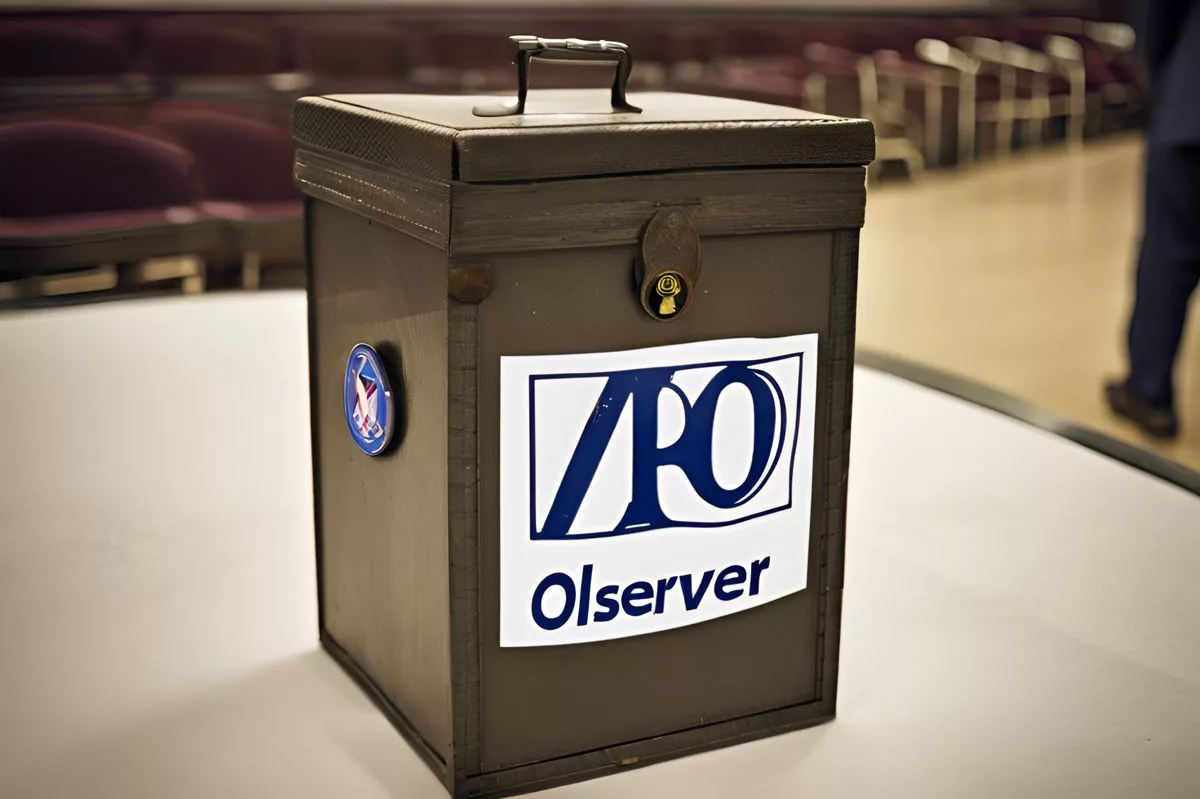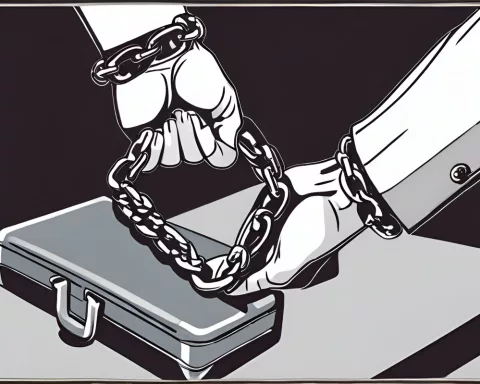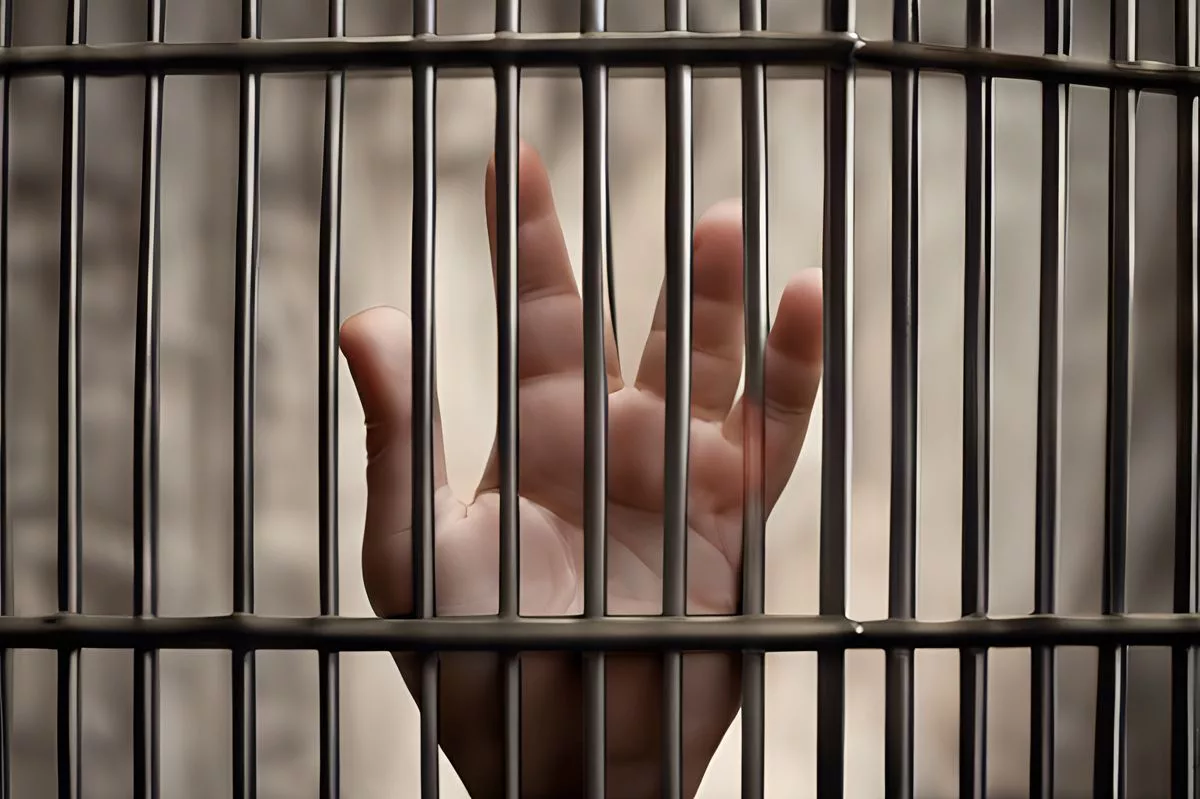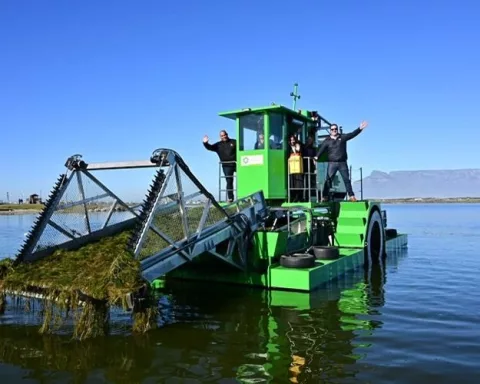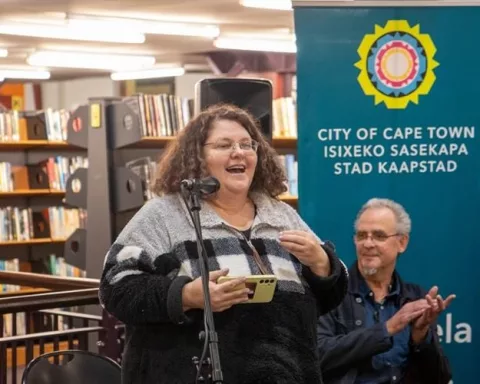In South Africa’s upcoming general elections, the Democratic Alliance (DA) has called for global oversight and independent election monitors, which has sparked a rivalry with the Independent Electoral Commission (IEC). The IEC views the DA’s actions as a potential hindrance to their work, while the DA emphasizes the need for transparency and impartiality in the electoral process. The debate highlights the significance of democratic culture and global best practices during a time of misinformation and digital deceit.
What is the rivalry between the Democratic Alliance (DA) and the Independent Electoral Commission (IEC) in South Africa’s general elections?
The DA’s call for global oversight in the upcoming elections has sparked a rivalry with the IEC. The DA reached out to the United States and European Union seeking observer rights, but the IEC viewed it as a potential hindrance to their work. The DA has stood its ground, emphasizing the need for independent election monitors and observers to safeguard a transparent electoral process.
Section 1: The Emergence of a Discourse
As South Africa prepares for its forthcoming general elections, the dynamics of the electoral process have sparked an intriguing debate. Central to this discussion is the rivalry between the Democratic Alliance (DA) and the Independent Electoral Commission (IEC), stemming from the DA’s call for global oversight.
The DA, a prominent opposition party, surprised many by reaching out to the United States and European Union, seeking observer rights in the upcoming elections. Such a bold move was met with considerable apprehension by the IEC. The IEC viewed the DA’s initiative as a potential hindrance to their work and responsibilities during this crucial period.
Terry Tselane, a former IEC commissioner, was notably outspoken in his disapproval, labeling the DA’s plea as ‘astonishing.’ In Tselane’s view, calling foreign governments to intervene in a Chapter 9 institution raised a myriad of concerns. He contended that such actions should be handled with utmost seriousness – public statements should be validated, achievable only via the electoral court.
Section 2: Developments and Criticisms
This dispute closely follows the rumored request by the DA and the Multi-Charter office for Western countries to help with resources for independent election observers. This action led Tselane to encourage the IEC to retaliate against parties that cast doubt on the commission’s reliability.
However, the DA has unwaveringly stood its ground. Emma Powell, a DA Member of Parliament, elucidated that the letter’s aim was to ask the G7 nations, along with Zambia, India, Argentina, and others, to aid South Africa with independent election monitors and observers. Powell emphasized that the request did not question the IEC’s capabilities. Contrarily, the DA had utmost confidence in the IEC’s potential to orchestrate impartial and just elections.
Nonetheless, Powell explained that due to the proliferation of fake news campaigns and possible attempts to tamper with the elections, international surveillance and supervision were essential steps to safeguard a transparent electoral process. However, it was not merely about inviting observers, but also securing resources for autonomous watchdogs and civil society organizations for an alternative voting count system.
Section 3: Possible Implications and Reflections
The DA’s actions are not without potential fallout. The African National Congress (ANC) has already voiced its disappointment about the candidate list leak, and the Multi-Party Charter office has supposedly asked the U.S. and U.K. to lend resources for the elections scheduled for May 29.
The passionate debate concerning the involvement of foreign observers in South Africa’s electoral process represents the country’s thriving democratic culture. It highlights the significance of transparency, fairness, and global best practices during a time of misinformation and digital deceit. As the elections draw nearer, these discussions are predicted to escalate, sculpting the future of South Africa’s political terrain in previously unseen ways.
Why did the Democratic Alliance (DA) call for global oversight and independent election monitors in South Africa’s general elections?
The DA emphasized the need for transparency and impartiality in the electoral process, amidst concerns of misinformation and possible attempts to tamper with the elections. They reached out to the United States and European Union seeking observer rights to safeguard a transparent electoral process.
How did the Independent Electoral Commission (IEC) respond to the DA’s call for global oversight in South Africa’s general elections?
The IEC viewed the DA’s initiative as a potential hindrance to their work and responsibilities during this crucial period. Terry Tselane, a former IEC commissioner, was notably outspoken in his disapproval, labeling the DA’s plea as ‘astonishing.’
What did the DA Member of Parliament, Emma Powell, say in response to criticisms of their call for global oversight and independent election monitors in South Africa’s general elections?
Powell emphasized that the request did not question the IEC’s capabilities. Contrarily, the DA had utmost confidence in the IEC’s potential to orchestrate impartial and just elections. The DA’s request was aimed at safeguarding a transparent electoral process amidst concerns of misinformation and possible attempts to tamper with the elections.
What are the possible implications of the DA’s actions in South Africa’s general elections?
The African National Congress (ANC) has already voiced its disappointment about the candidate list leak, and the Multi-Party Charter office has supposedly asked the U.S. and U.K. to lend resources for the elections scheduled for May 29. It is predicted that discussions concerning the involvement of foreign observers in South Africa’s electoral process will escalate, potentially sculpting the future of South Africa’s political terrain in previously unseen ways.
Why is the debate concerning the involvement of foreign observers in South Africa’s electoral process significant?
The passionate debate concerning the involvement of foreign observers in South Africa’s electoral process represents the country’s thriving democratic culture. It highlights the significance of transparency, fairness, and global best practices during a time of misinformation and digital deceit.
What is the Multi-Charter office and their involvement in South Africa’s general elections?
The Multi-Charter office has supposedly asked the U.S. and U.K. to lend resources for the elections scheduled for May 29. They are an organization that seeks to address issues concerning the Charter on Democracy, Elections, and Governance in Africa.

